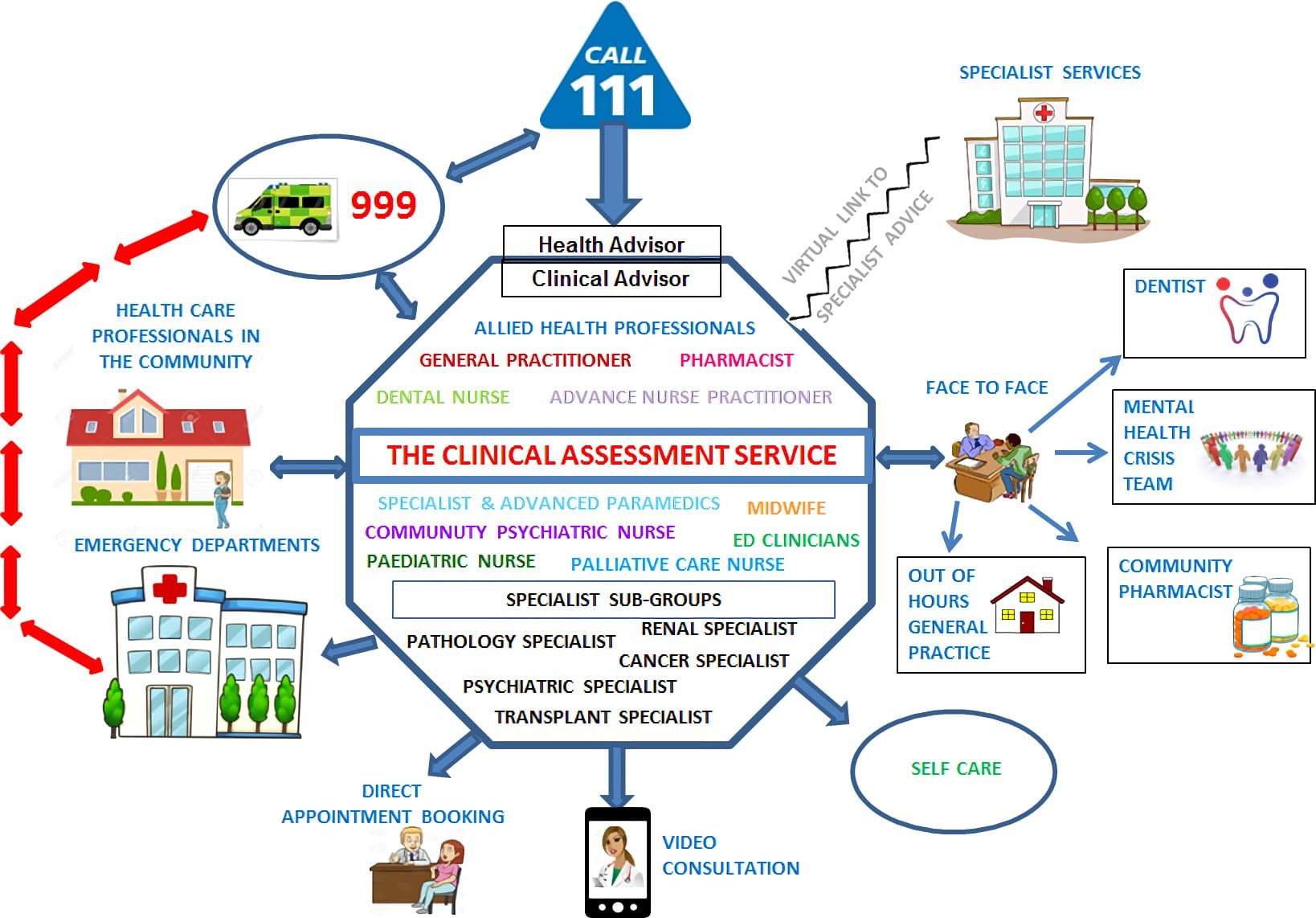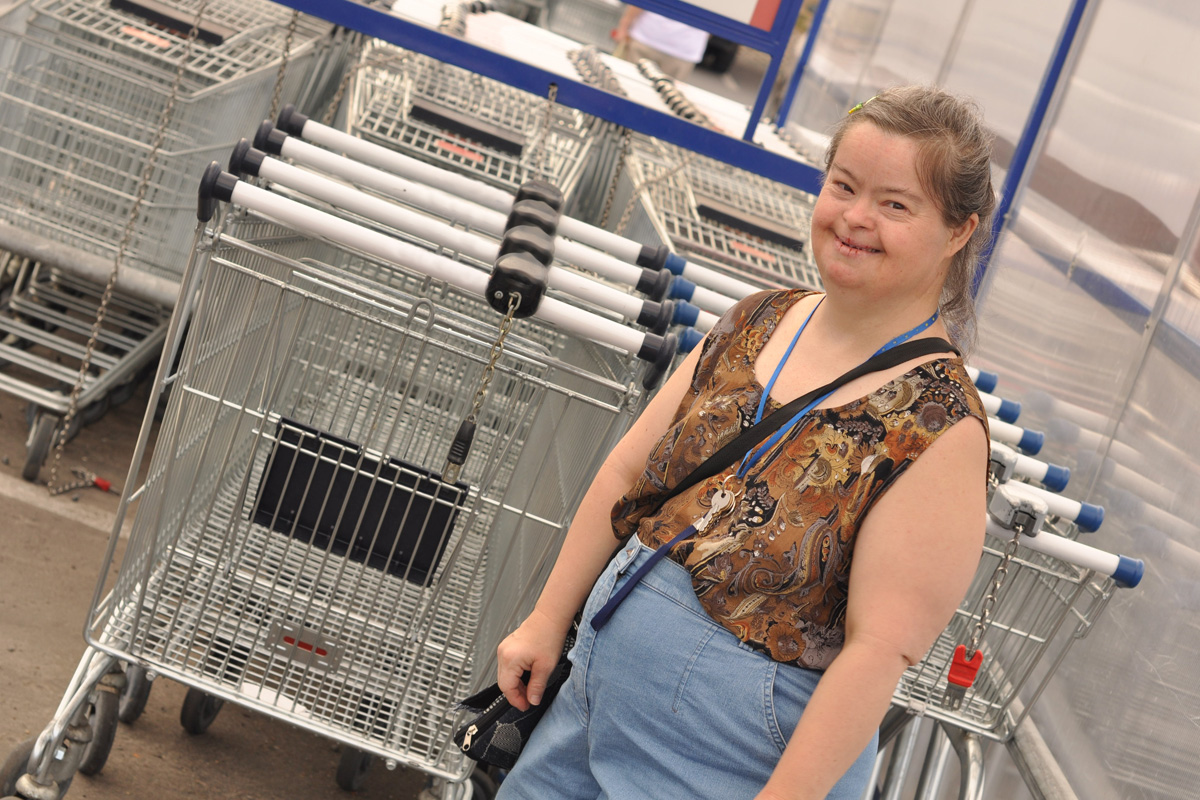Off grid living community uk – Off-grid living community UK is experiencing a surge in interest, as individuals and families seek alternative lifestyles emphasizing self-sufficiency and environmental sustainability. This movement encompasses a complex interplay of legal, technological, and social considerations, demanding innovative solutions for energy, water, food production, and community governance. The appeal lies in escaping the constraints of modern infrastructure and embracing a closer connection with nature, but the reality presents unique challenges.
This exploration delves into the practical and legal aspects of establishing and maintaining thriving off-grid communities in the UK. We examine successful models, analyze the hurdles, and offer insights into the planning, legal frameworks, and sustainable practices crucial for a successful transition to this increasingly popular lifestyle choice.
Legal and Regulatory Aspects of Off-Grid Living in the UK

Establishing an off-grid community in the UK presents a complex interplay of legal and regulatory hurdles. Navigating these challenges requires careful planning and a thorough understanding of relevant legislation, varying significantly across different regions and encompassing aspects from land ownership to waste management. This overview examines key legal considerations for prospective off-grid communities.
Find out about how grid living sdn bhd can deliver the best answers for your issues.
Planning Permission Requirements for Off-Grid Communities
Securing planning permission is paramount for establishing any off-grid community in the UK. Local planning authorities hold the ultimate power in determining the viability of such projects, with regulations differing substantially across England, Scotland, Wales, and Northern Ireland. Applications must demonstrate compliance with national and local planning policies, including considerations for environmental impact, infrastructure provision, and potential effects on neighbouring properties.
Factors such as the size of the community, the proposed building designs, and the location’s proximity to existing settlements will heavily influence the planning application’s success. Rejection is possible if the development is deemed unsustainable, harmful to the environment, or disruptive to the surrounding area. Detailed site surveys, environmental impact assessments, and comprehensive plans for waste management and water sourcing are typically required.
Legal Frameworks Concerning Water Rights and Waste Disposal
Access to water and responsible waste disposal are critical considerations for off-grid living. Water rights in the UK are governed by a complex system involving various legislation and common law principles. Generally, landowners have the right to use water from their land, but this is subject to restrictions regarding water abstraction and potential impacts on watercourses. For larger communities, obtaining permits for water abstraction from rivers or boreholes might be necessary.
Waste disposal presents another major challenge. Off-grid communities must adhere to environmental regulations concerning sewage treatment and waste management. Methods such as composting toilets and septic systems are common but require planning permission and may be subject to strict regulations depending on the location and local environmental sensitivities. Failure to comply with these regulations can lead to significant fines and legal action.
Legal Structures for Off-Grid Community Governance
Several legal structures can facilitate the governance of an off-grid community. A common approach is forming a limited company, offering liability protection to its members. Alternatively, a community benefit society could be established, emphasizing social objectives and democratic decision-making. Trusts can also provide a framework for collective land ownership and management. Each structure has its own legal implications, influencing aspects such as liability, taxation, and decision-making processes.
Careful consideration of the community’s goals, size, and risk tolerance is essential when choosing the most appropriate legal structure. Legal counsel specializing in community governance is highly recommended during this process.
Sample Legal Agreement for Off-Grid Community Responsibilities and Liabilities
A comprehensive legal agreement is crucial for establishing clear responsibilities and liabilities within an off-grid community. This agreement should Artikel the rules governing membership, land use, resource management, and dispute resolution. It should clearly define individual and collective responsibilities regarding maintenance of shared infrastructure, waste disposal, and environmental protection. The agreement should also address liability in case of accidents or damages, specifying insurance requirements and procedures for handling disputes.
A well-drafted agreement can prevent future conflicts and ensure the smooth functioning of the community. The agreement should be reviewed and updated periodically to reflect changes in circumstances or legal requirements. An example clause might state:
“Each member agrees to contribute to the upkeep of communal facilities, such as water treatment systems and access roads, according to a pre-determined schedule Artikeld in Appendix A.”
Water Management and Sanitation in Off-Grid Communities

Successfully establishing and maintaining an off-grid community in the UK requires careful consideration of water management and sanitation. The unpredictable nature of British weather, coupled with the need for sustainable practices, necessitates robust and reliable systems. This section details various methods for water harvesting, purification, recycling, and sanitation, weighing their respective advantages and disadvantages within the context of a UK off-grid setting.
Rainwater Harvesting and Purification
Rainwater harvesting offers a sustainable and often free source of water for off-grid communities. Effective systems involve collecting rainwater from rooftops and other suitable surfaces, directing it into storage tanks, and then purifying it for domestic use. In the UK, where rainfall is relatively abundant but can be unpredictable, a large storage capacity is crucial to ensure sufficient water supply during dry spells.
Common methods for rainwater purification include filtration using various media (sand, gravel, charcoal) and UV sterilisation, both effective in removing sediments, bacteria, and other contaminants commonly found in rainwater. A multi-stage filtration system, combined with UV sterilisation, provides a high degree of purification suitable for drinking and other household uses.
Greywater Recycling Systems
Greywater, the wastewater from showers, sinks, and washing machines (excluding toilet waste), can be recycled to reduce water consumption and lessen the environmental impact of an off-grid community. Several greywater recycling systems exist, each with its own merits and drawbacks. One common method involves using a simple gravity-fed system where greywater is filtered through a series of chambers filled with gravel and other media to remove solids and reduce bacterial load before being used for irrigation or toilet flushing.
More sophisticated systems incorporate constructed wetlands or biofilters for enhanced treatment. These systems, while effective, require regular maintenance and may need professional installation depending on complexity. The suitability of each system depends on factors such as the size of the community, soil conditions, and the desired level of greywater treatment.
Sanitation Systems
Appropriate sanitation is vital for the health and well-being of any community, especially in an off-grid setting. Composting toilets are a popular choice, offering a sustainable and environmentally friendly alternative to traditional flush toilets. These toilets use natural processes to decompose human waste, resulting in a nutrient-rich compost that can be used as fertilizer. However, careful management and regular maintenance are essential to prevent odour and pest problems.
Septic systems, while requiring more initial investment, provide a more robust solution, particularly for larger communities. They involve the anaerobic digestion of wastewater in an underground tank, followed by filtration through a drainage field. Properly designed and maintained septic systems effectively treat wastewater and prevent contamination of groundwater, but they require regular emptying and maintenance by qualified professionals.
Comparison of Water Management and Sanitation Systems
The choice of water management and sanitation systems for an off-grid community in the UK will depend on various factors, including the community’s size, budget, available land, and the level of technical expertise. The following table summarizes the pros and cons of different systems:
- Rainwater Harvesting:
- Pros: Sustainable, free resource (excluding initial setup costs).
- Cons: Requires substantial storage capacity, dependent on rainfall, needs purification.
- Greywater Recycling (Gravity-fed):
- Pros: Simple, relatively inexpensive, reduces water consumption.
- Cons: Limited treatment, requires careful maintenance, suitability depends on soil conditions.
- Greywater Recycling (Constructed Wetland/Biofilter):
- Pros: Higher level of treatment, more environmentally friendly.
- Cons: Higher initial cost, requires more space, needs professional installation.
- Composting Toilets:
- Pros: Sustainable, environmentally friendly, produces valuable compost.
- Cons: Requires careful management, potential odour and pest problems.
- Septic Systems:
- Pros: Effective wastewater treatment, suitable for larger communities.
- Cons: Higher initial cost, requires regular emptying and maintenance by professionals.
Community Building and Social Structures in Off-Grid Settings: Off Grid Living Community Uk

Establishing thriving communities in off-grid environments presents unique challenges and opportunities. The relative isolation necessitates strong social bonds and efficient systems of governance to ensure the community’s success and resilience. Conversely, the freedom from external pressures can foster a strong sense of shared purpose and mutual support.
Challenges and Benefits of Community Cohesion in Off-Grid Living
The success of any off-grid community hinges on its ability to foster a strong sense of community. Challenges include managing interpersonal conflicts in a close-knit environment, ensuring equitable resource distribution, and maintaining morale during periods of hardship. However, the benefits are significant. Strong social ties provide crucial support networks, enabling efficient collaboration on tasks such as infrastructure maintenance and resource management.
Shared values and goals foster a sense of belonging and mutual respect, enhancing the overall quality of life. This collaborative spirit can lead to innovative solutions to common problems, leveraging the diverse skills and knowledge within the community. A strong sense of community also enhances resilience in the face of external shocks, such as extreme weather events or economic downturns.
Models of Community Governance and Decision-Making
Various models of governance can be employed in off-grid communities, each with its own advantages and disadvantages. Some communities adopt a consensus-based approach, where all members participate in decision-making and strive for unanimous agreement. This model promotes inclusivity but can be slow and cumbersome. Other communities utilize a representative system, electing leaders to make decisions on behalf of the community.
This model can be more efficient but risks marginalizing certain members if not carefully managed. Hybrid models combining elements of both approaches are also common, aiming to balance efficiency with inclusivity. The optimal model depends on the community’s size, culture, and specific needs. For example, a smaller community might find consensus-based decision-making feasible, while a larger one might require a more structured representative system.
Conflict Resolution Mechanisms in Off-Grid Communities
Effective conflict resolution is crucial for maintaining harmony and productivity within an off-grid community. Mediation, facilitated by a neutral third party, is often employed to help disputing parties reach a mutually agreeable solution. Restorative justice practices, which focus on repairing harm and restoring relationships, can also be highly effective. Community-based agreements and codes of conduct provide a framework for addressing conflicts and promoting respectful interactions.
The success of these mechanisms depends on the community’s commitment to fairness, transparency, and open communication. For instance, a community might establish a clear process for resolving disputes, involving steps such as informal mediation followed by formal arbitration if necessary. Clear communication channels and a shared understanding of community values are essential to prevent escalation of conflicts.
Communication and Collaboration in Off-Grid Communities, Off grid living community uk
Effective communication and collaboration are paramount for the success of any off-grid community. Regular community meetings provide a forum for sharing information, discussing concerns, and making decisions collectively. Open communication channels, such as community newsletters or online forums, help keep members informed and engaged. Collaboration is essential for tackling shared challenges, such as building infrastructure, managing resources, and providing mutual support.
This collaboration often relies on a strong sense of shared responsibility and a willingness to contribute to the collective good. For example, a community might establish a system of shared labour for tasks such as maintaining communal gardens or repairing infrastructure. Regular social events and shared activities can also strengthen community bonds and promote a sense of belonging.
The rise of off-grid living communities in the UK represents a fascinating social and environmental experiment. While challenges remain in navigating legal complexities and ensuring sustainable practices, the potential for creating resilient, environmentally conscious communities is undeniable. The diverse approaches adopted by existing communities showcase the adaptability and resourcefulness of those embracing this lifestyle, paving the way for future growth and innovation in off-grid living in the UK.
